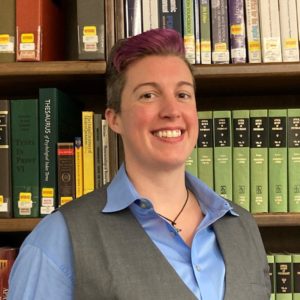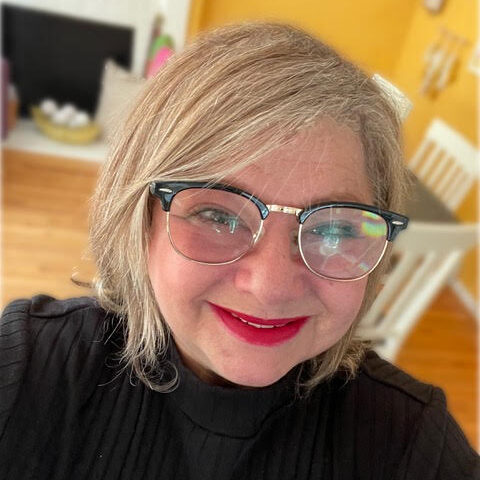
River Farrell, PsyD
Faculty
Office phone: 248.476.1122 ext.139
Email: [email protected]
Dr. Farrell has been a clinical psychologist providing direct client care since graduating in 2008. They joined MSP as an adjunct faculty member in 2016 and became a member of the core faculty in 2022. They have focused on the treatment of Gender and Sexual Minority clients across a variety of settings and have given multiple presentations on related topics. They themselves are part of the gender and sexual minority community as a non-binary queer individual.
Education
- PsyD in Clinical Psychology, Chicago School of Professional Psychology
- MA in Clinical Psychology, Chicago School of Professional Psychology
- BS in Psychology Clarkson University
Licensure
- Licensed Psychologist – Michigan
Areas of Expertise
- Acceptance and Commitment Therapy
- Consensual Non Monogamy
- Gender Identity Development
- Therapy with Gender Diverse Youth
- Therapy with Gender and Sexual minority Clients
Selected Presentations
- May, M. & Farrell, M. (2021, July) ACTing Queer: The Psychological Flexibility Model as a navigational framework for LGBTQ-identified clinicians. Workshop presented at Association for Contextual Behavioral Science World Conference 19, Virtual.
- Farrell, M. (2021 October) Parent Workshop: Coming out to family. Presented at Stand with Trans
- Farrell, M. & May, M. (2020, July) ACTing Queer: The Psychological Flexibility Model as a navigational framework for LGBTQ-identified clinicians. Workshop presented at Association for Contextual Behavioral Science World Conference 18, Virtual.
Selected Publications
- Farrell, R. (2022) Polyam Affect: Working with emotions in CNM. In Vaughan, M.D., & Burnes, T.R., The Handbook of Consensual Non-Monogamy Affirming Mental health Practice (pp. 74-96).
Professional Memberships
- American Psychological Association
- Division 44 (Society for the Psychology of Sexual Orientation and Gender Diversity)
- Association for Contextual Behavioral Science
- Gender and Sexual Diversity Special Interest Group
- Children, Adolescents and Families Special Interest Group
Q&A
Describe your research interests.
I am interested in doing research to fill a number of gaps in the literature around Gender and Sexuality. I am particularly interested in bringing attention to the experience of gender and sexual minorities including asexual individuals, non-binary individuals, and queer identified individuals who practice consensual non-monogamy. Further, I am interested in the formation of gender identity in early childhood and adolescence as well as best practices for therapy with families who have a trans or gender non-conforming child.
- Why did you choose to enter the field of psychology?
I chose to enter the field of psychology for the most basic of reasons, to better understand and help people. From an early age (my first recollection of wanting to be a psychologist was in the seventh grade) I recognized that I want to help people who are struggling emotionally and that I would need a lot more information to do that successfully. I now know that to provide the best help possible to the world the learning never stops. Having contributed to the field as a therapist I am very excited to be going back to doing research and hope to help even more people by furthering our understanding of how to help people more effectively.
Please describe your teaching philosophy.
To help my students, achieve an understanding and appreciation for the material I find that building relationships with my students is essential. I work to understand them and how the material will help them meet their personal and professional goals. In honoring the student’s previous experiences and using them as a base from which to draw deductive inferences about human behavior, I work to engage students to higher level learning. It is these higher-level skills such as analyzing, evaluating, and creating knowledge that we strive for in the teaching of psychology. The practice of clinical psychology requires the use of these higher-level skills on a constant basis and therefore it is of utmost importance that they are encouraged in our students throughout their learning.
